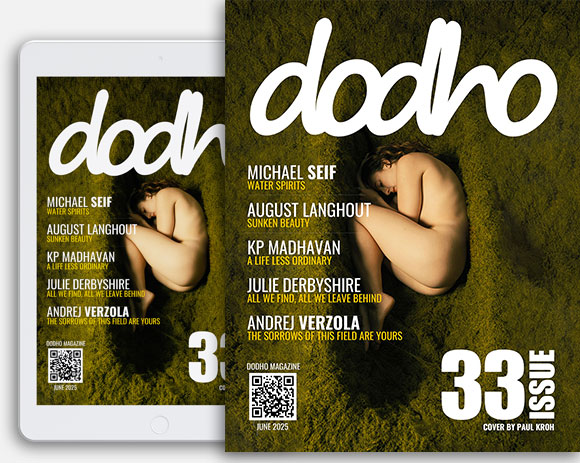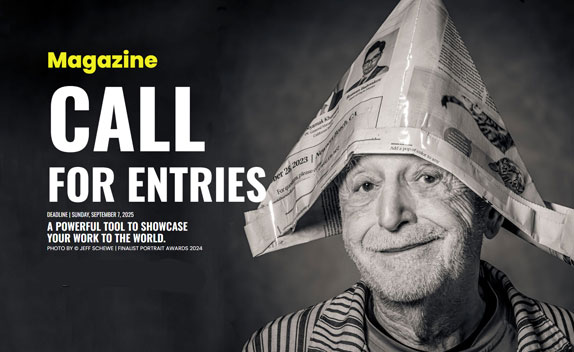I met Gino Strada, during brief meetings, on the occasion of the three Emergency exhibitions, where my photos on Sierra Leone, in Empoli, in Milan and then in Genoa were exhibited. In 2009 I had the privilege of spending fifteen days with him in Sudan, at the “Salam” hospital. Here I was able to appreciate his ability as a doctor and, above all, his great humanity.
Salam means peace, and Gino who abhorred war tried to exorcise it in his own way by treating poor people for free, sometimes taking on fighters from opposing factions in the same hospital ward, thus giving everyone the opportunity to tangibly discover stupidity. of war and the meaning and value of the word peace.
Unconditional love for all humanity made him a father and a teacher. Buddhist master Daisaku Ikeda wrote: “A great change in the character of a single individual will contribute to the change of the destiny of a nation and will ultimately lead to the change of the destiny of all humanity.”
This phrase has the flavor of one of those utopias that Gino Strada liked so much, like that of abolishing war forever. He called it, as a doctor, a stupid and insane disease that led to the destruction of the human rights of all people. He proved that there is nothing epic or glorious in warfare, only death, destruction and barbarism. He could well say all this, seeing every day the results of the horrendous wounds produced by weapons. First of all the “Valmara 69”, anti-personnel mines produced in Italy, but also the infamous “Green Parrots”, bombs made specifically to attract children. With delayed burst, so as to strike curious children gathered in a circle. Devices that do not kill but capable of taking away hands and eyes, to destroy the future of an entire country with the younger generations.
The price of modern wars is paid by civilians who are killed in the ratio of nine to one compared to the military. According to him, a person killed represents the defeat of all humanity as well in 1994, together with his wife Teresa Sarti, he wanted to create the “EMERGENCY” organization by transforming a common adjective into a living, real, symbolic name, where the opposite of violence that kills is the cure that saves and heals.
A war surgeon for the Red Cross, he had already been around half the world before creating Emergency. He loved to continually challenge himself not only in new projects but also on a personal level and, since he wanted to win for those who were destined to die when he lost, he had implemented his medical knowledge and skills by also learning to operate with an open heart. Ironically it seems that his disappearance is due to his heart. Certainly tried by a life that was worth a thousand, intense, stressful, full of very heavy responsibilities.
I couldn’t wait to enter the operating room with him patiently explaining some steps on the field to me.
He called me “old wolf”, but he was a real lion … maybe that’s why he spent so much time in Africa, always accompanied by his cases of Campari bitters and cartons of Marlboro cigarettes. While I was trying to take pictures, without invading the spaces of the operation, he turned the retractor handle twice and showed me the heart of a seventeen-year-old boy beating in his open chest.
I am no longer the same man after having had the privilege of seeing such a show. He made me want to become a surgeon myself in the next life. I was excited by the idea of having the ability to be able to save lives as he did in his work. He called it “fun” manifesting, beyond the serious importance of what he did, the spirit that is the basis of a truly creative person. Despite having a rather gruff character, he was likeable: during difficult, long operations, he put his collaborators at ease with encouraging jokes and phrases, without reproaching or bullying anyone. Over eleven million people treated in twenty-five years of activity.
Gino Strada has shown the world that there are no impossible bets if you strongly want to turn a dream into reality.
Especially if it is the dream of building a non-violent society, based on the equality of all human beings, social justice, dialogue, mutual respect, the equitable distribution of resources globally, where governments do not create discrimination but guarantee the equality of all. And here he emphasized that if the rights had not been guaranteed to all, these would only have turned into privileges for some, where there would have been a ban on access for those who were not a potential source of money. Nothing more current unfortunately.
Gino longed for the right to free information, free, high-quality medical care, an education that would truly help develop an individual’s personality according to his or her innate talent. It would have been nice if he had become our Minister of Health, Foreign Affairs, Education, Equal Opportunities, President of the Council of Ministers, of the Chamber, of the Senate and of the Republic at the same time. Since he was a giant he could afford it and we would all be safe.
It is often said “let’s help them at home” referring to migrants in a derogatory sense. We help them where they live so as not to let them come to us to disturb the wealth of our cities, that is, to stay at home. Contrary to this xenophobic drive, with Emergency, Gino Strada has effectively implemented this localized help driven solely by a strong motivation of social justice and above all of love. Just as he is continuing to do his wife Simonetta Gola and his daughter Cecilia on the ResQ People ship.
In trying to realize this utopia, Gino played his part, an important part for all of humanity by delivering to the world, with Emergency, the cause that will lead to its realization.
“A drop of water in the ocean” he liked to call it but that drop was there, and still is, even after his disappearance. What is the value of a life? What will remain of us in the world after we leave our bodies? The good we have moved and put into play will remain, what we have done to help others. A Japanese proverb very dear to me, and which I too have tried to follow, says: “Whoever lights a lamp for another person also lights up his own path” and yours, Gino, is a dazzling path of golden light!


























